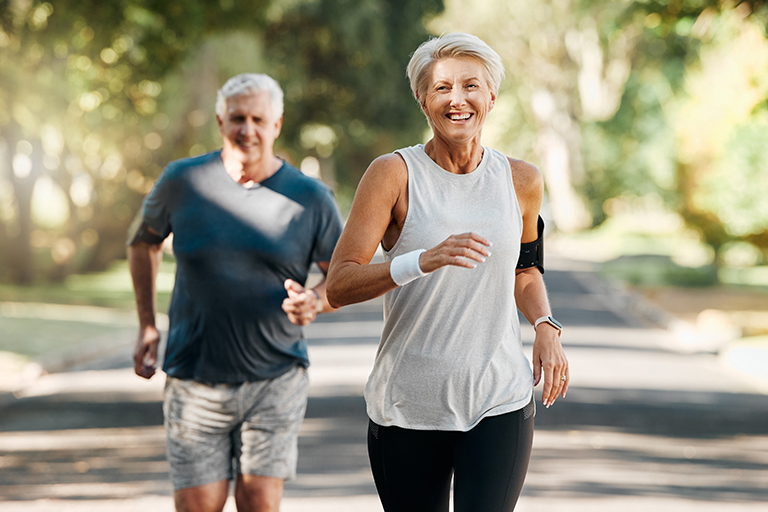Century Park Blog

National Pulmonary Rehabilitation Week is a chance to celebrate and raise awareness about pulmonary rehabilitation and its positive impact on the lives of people living with chronic pulmonary illnesses.
What is Pulmonary Rehabilitation?
Pulmonary rehabilitation is a form of therapy that helps those with respiratory illnesses improve their quality of life by improving their ability to breathe more easily and perform everyday activities. It consists of exercises, lifestyle changes, counseling sessions, education programs and breathing techniques that can help seniors manage their condition better.
The goal is to reduce shortness of breath and increase daily activities for those living with a chronic lung disease or injury. Commonly used methods include:
- Aerobic exercises such as walking/jogging
- Resistance training
- Breathing techniques
- Functional fitness training
- Dietary modifications
- Stress-reduction techniques
- Smoking-cessation counseling
- Mindfulness techniques
- Yoga/tai chi/qigong classes
- Cognitive behavioral therapy (CBT)
- Nutritional guidance
- Vocational support services
- Recreational activities such as swimming or biking
- Medication management education
Common Pulmonary Issues in Seniors
As we age, our lungs tend to weaken due to natural wear and tear over time. Some common issues found among seniors are COPD flare-ups, asthma attacks, sleep apnea or poor air quality in the home due to inadequate venting or mold growth caused by excessive moisture buildup in walls or ceilings.
Easy Steps Toward Improving Pulmonary Function
Fortunately there are steps seniors can take to improve pulmonary function:
- Exercise regularly. Aerobic exercises such as walking are great for seniors looking to improve their lung capacity as it helps strengthen your heart and lungs for improved oxygen delivery throughout your body — plus it keeps you fit! Strength training also helps build endurance so you can get more out of each exercise session while being more physically active throughout the day.
- Quit smoking. Smoking reduces lung function significantly which can worsen existing COPD symptoms or even lead to new ones like coughing up mucus regularly or experiencing breathlessness during simple tasks like walking up stairs or standing up from a seated position too quickly. Quitting smoking will help keep your lungs healthy so you can stay active without feeling out of breath or having chest pain during everyday activities.
- Avoid exposure to pollutants. Pollutants in our environment can have an adverse effect on our lungs resulting in inflammation which could lead to difficulty breathing especially when exercising outdoors — especially if you live near an industrial area where pollution levels are higher than average.
- Avoid allergens. Your respiratory system may be sensitive to certain allergens like dust mites or pet dander resulting in a reaction known as hay fever which causes nasal congestion/runny nose along with sneezing fits which could potentially lead to coughing episodes if not treated properly.
- Stay hydrated. Hydration is key for keeping your throat clear as it washes away irritants before they get into your lungs which could cause inflammation leading to wheezing and difficulty breathing.
- Improve air quality at home. Ensure proper ventilation inside your house by keeping doors/windows open as much as possible during summer months when air quality is better outside than inside due to lack of humidity control indoors – alternatively check filter/air conditioning maintenance regularly if you have one at home.
- Get vaccinated against flu & pneumonia. Flu season coincides with winter months when air quality tends to be poorer in many parts of the world. Getting vaccinated against flu and pneumonia annually helps protect yourself from catching these airborne infections which could worsen existing respiratory problems making them harder to manage without medical intervention.
Taking these simple steps could go a long way toward keeping your lungs healthy as you age, allowing you to enjoy life without feeling out of breath during everyday activities.



